Since Russia launched its extraordinary military operation in Ukraine more than two years ago, the energy picture in Europe has changed markedly.
Moscow is no longer the leading gas supplier to the “old continent” as European countries struggle to find ways to reduce their dependence on Russian energy to zero.
Among the numerous sanctions imposed on Moscow over the war in Ukraine, the European Union (EU) has never punished Russian gas but has set a goal of "cutting off" this supply by 2027.
In February, EU Energy Commissioner Kadri Simson made it clear that the bloc was not interested in extending the trilateral agreement on the transit of Russian gas via Ukraine to Europe, which is due to expire at the end of this year.
But currently, a tenth of the EU's total gas imports still come from Russia. One expert points out that it may take Europe at least 6-8 years to find an alternative to Russian gas.
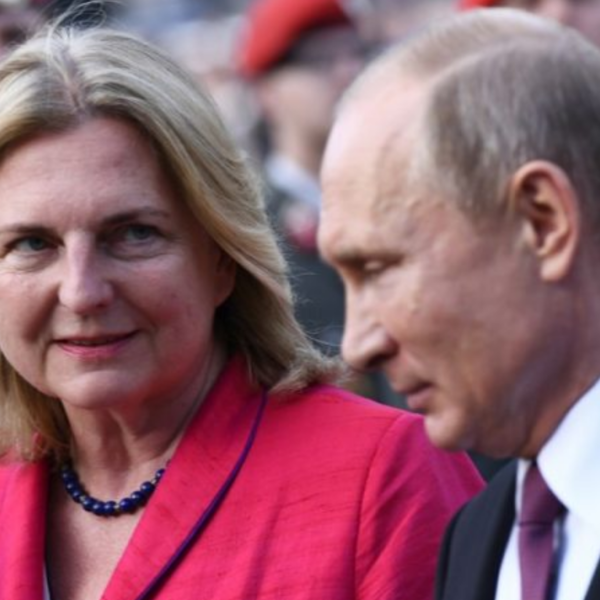
Ms. Karin Kneissl, who served as Austria's Foreign Minister from 2017 to 2019, is currently the head of the GORKI Center at St. Petersburg State University. Photo: Euractiv
“They are currently trying to find such sources, such as Qatar, but it is all a matter of price and conditions. And this will certainly not happen immediately, it will take at least 6-8 years,” former Austrian Foreign Minister Karin Kneissl told state news agency TASS on April 16 in response to a question about Europe’s alternatives to Russian gas.
Ms. Kneissl, who is currently the head of the GORKI center at St. Petersburg State University, noted that in general, sanctions against Russia play a positive role in the development of the country's economy .
“The sanctions forced Russian companies to take matters into their own hands, to find solutions. Russia has once again become a leader in sectors that are not directly related to resource exports,” said the former Austrian foreign minister and energy analyst.
In another development, the International Monetary Fund (IMF) said in its latest update on the global economic outlook on April 16 that Russia's economy will grow faster than the US and its allies France, Germany and the UK.
Russia's economy, despite being hit by tough economic sanctions, remains buoyed by stable oil exports and high government spending, the world's largest lender said in its forecast .
Minh Duc (According to TASS, 9News, EUNews)
Source






![[Photo] National Assembly Chairman Tran Thanh Man attends the VinFuture 2025 Award Ceremony](/_next/image?url=https%3A%2F%2Fvphoto.vietnam.vn%2Fthumb%2F1200x675%2Fvietnam%2Fresource%2FIMAGE%2F2025%2F12%2F05%2F1764951162416_2628509768338816493-6995-jpg.webp&w=3840&q=75)
![[Photo] 60th Anniversary of the Founding of the Vietnam Association of Photographic Artists](/_next/image?url=https%3A%2F%2Fvphoto.vietnam.vn%2Fthumb%2F1200x675%2Fvietnam%2Fresource%2FIMAGE%2F2025%2F12%2F05%2F1764935864512_a1-bnd-0841-9740-jpg.webp&w=3840&q=75)
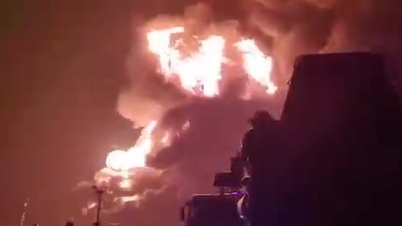

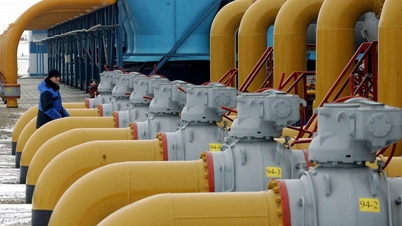

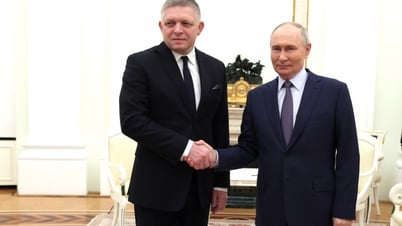
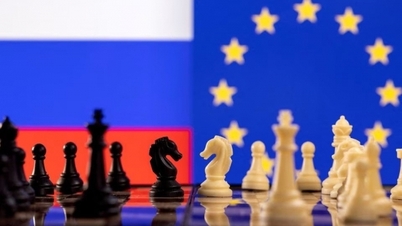

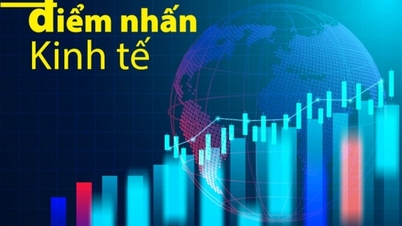




![[VIDEO] Save the Children helps children in Bac Ninh return to life soon after natural disasters](https://vphoto.vietnam.vn/thumb/402x226/vietnam/resource/IMAGE/2025/12/06/1765004276755_cu-u-tro-bn-2-cover20251206131142.jpeg)
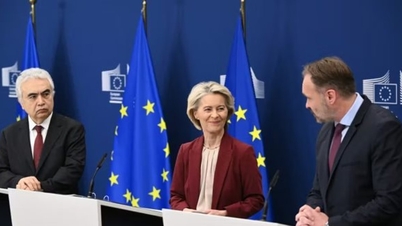

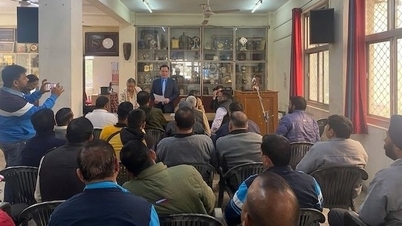





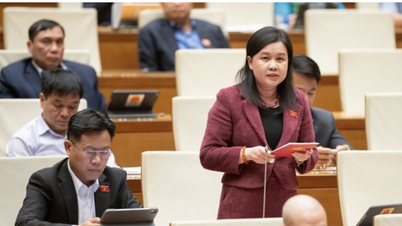













































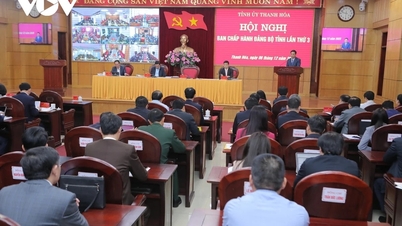





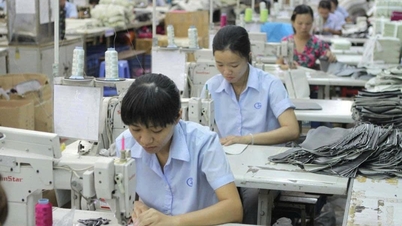
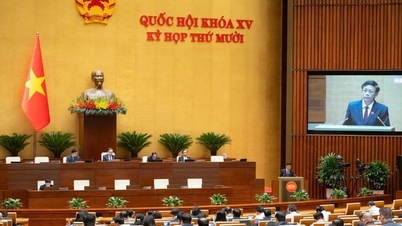

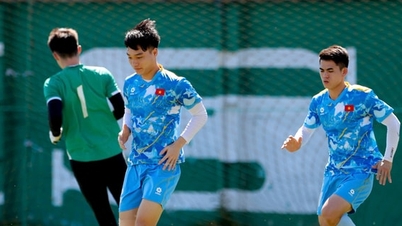

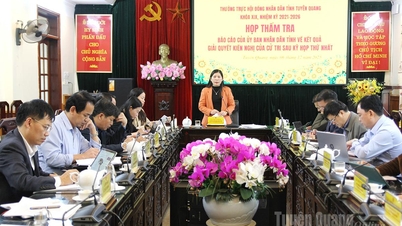



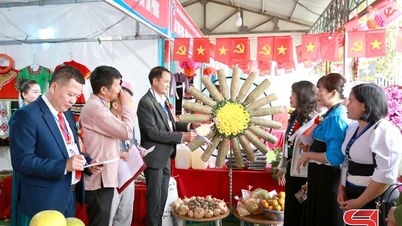

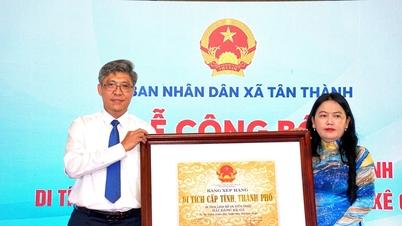














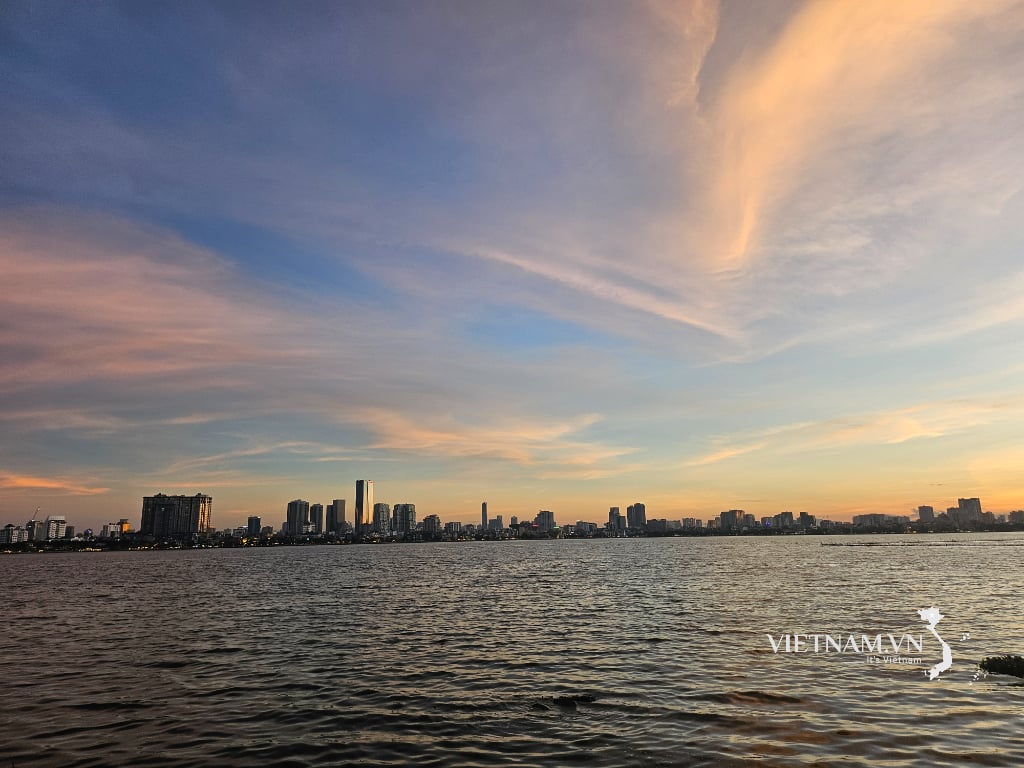




Comment (0)